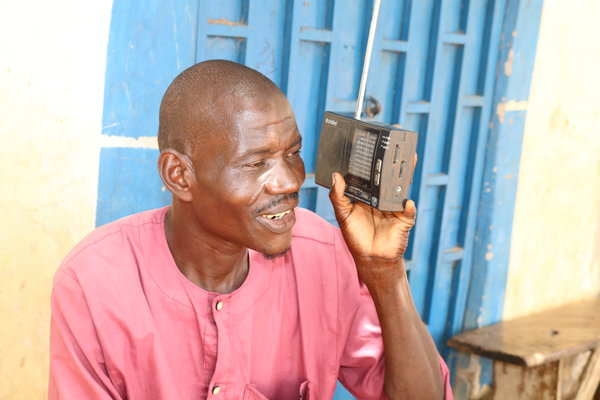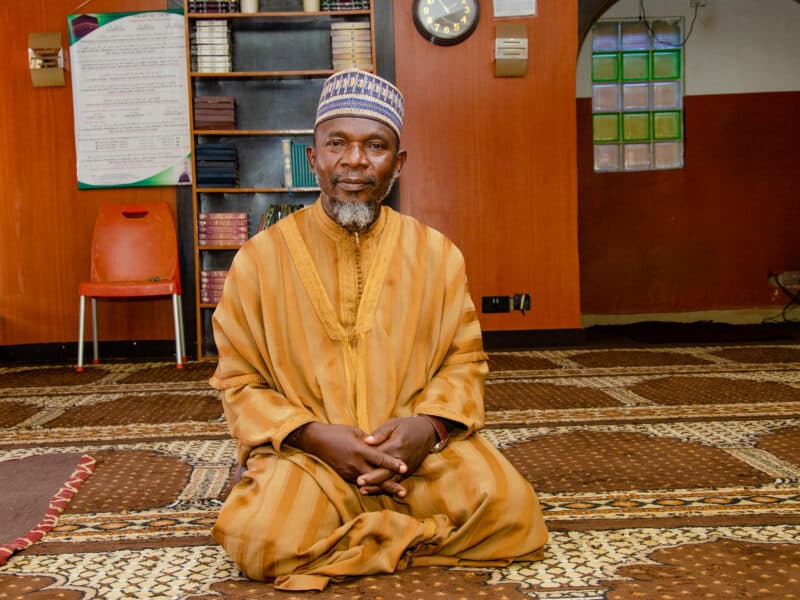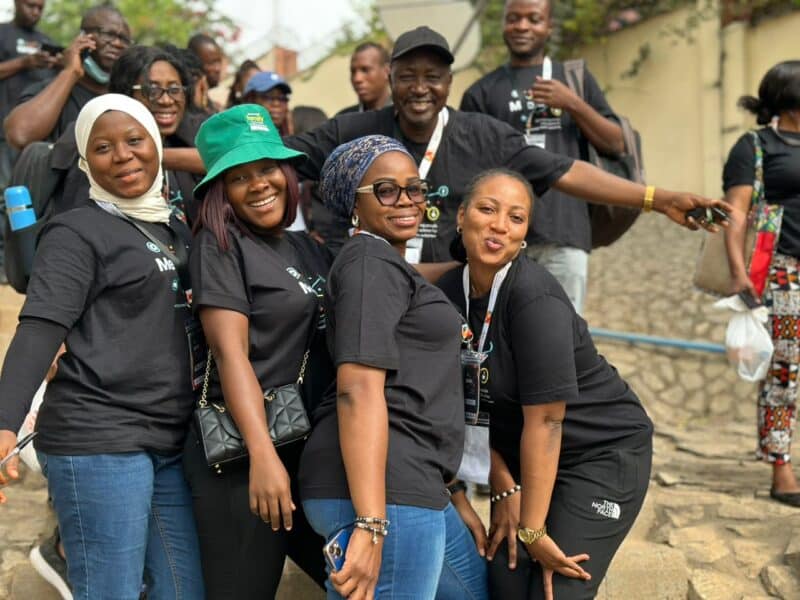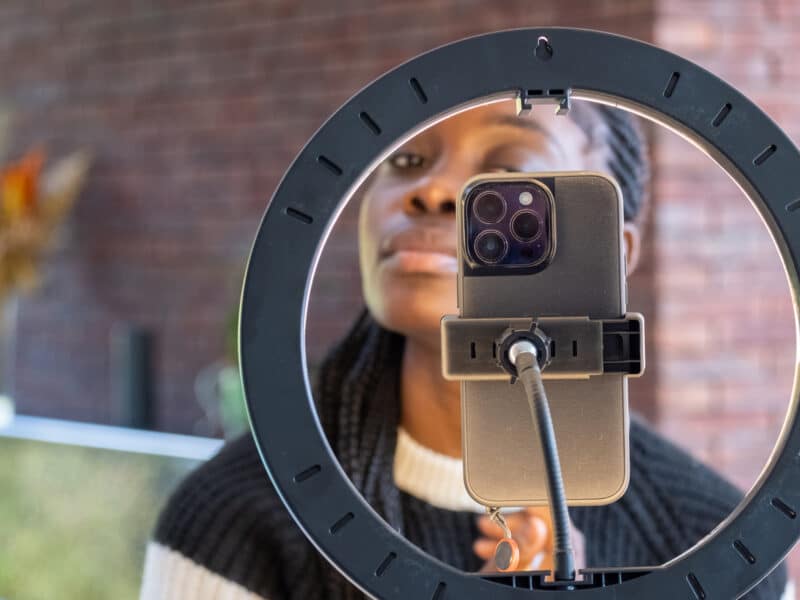During disease outbreaks, journalists are sometimes the only link between the facts and the public. But even they don’t always have the most up-to-date answers and know what questions to ask, especially during the COVID-19 pandemic of the last six months.
The Johns Hopkins Center for Communication Programs has been working to fix that. As part of its work in many of its COVID-19-prevention projects across Africa, CCP has trained journalists on how to provide the best information to ensure the public understands all it can about the disease, including how it is spread and how people can best protect themselves.
“Journalists are the first source of information for most people,” says CCP’s Eze Eze, a senior program officer for media in Nigeria. “There is great mistrust between the citizens and the government in Nigeria, and the media can be the arbitrator, the ones who have the public trust. Sometimes when journalists don’t have the information they need, they fabricate it, so to make the journalists’ work easier, after the training we also linked them up with the right people in state ministries of health. This way, they have access to the source itself.”
CCP’s Breakthrough ACTION-Nigeria has remotely trained 227 journalists in all states across the country since the pandemic began and has provided them links to sources for the most current evidence on a pandemic where guidance and knowledge continues to evolve.
In Mozambique, CCP has focused on journalists who work at community radio stations in the provinces, training 50 of them through a self-paced mobile-based platform via interactive voice technology, text messages and/or chatbots. In places where there is no television and where direct community engagement isn’t possible due to COVID-19-related restrictions, radio is the primary resource for rural people seeking health information.
“During the pandemic, people are not going to health facilities to get accurate information from health providers, so who is going to explain about what COVID is, why people are dying, why masks should be worn, why social distance is a rule and so many other things,” asks Sofia Badomia, CCP’s project team leader in Mozambique. “In the big city it is clear because people have more access to information and are more highly educated, but in the rural areas, it doesn’t work this way. We realized that, given the scenario we are living in, the community radio stations are the best option we have right now.”
The mobile educational modules for media are similar to modules designed for health care workers, but include thinking about COVID from a journalist’s perspective. It covers ethics, tips on producing good health content, managing rumors and more.
In Nigeria and Mozambique, the remote journalism training for COVID is an extension of other workshops for reporters that have been held in the past for other health areas. CCP has found that partnering with local media can help in its mission to help people adopt healthy behaviors worldwide. And in health emergencies – such as the West Africa Ebola outbreak in the mid-2010s – they are even more crucial.
In Guinea, 50 reporters were trained in the capital, Conakry, to familiarize them with the principles of risk communication. The training, led by CCP and government partners, was also designed to give the media the tools to help disseminate information during emergencies.
“The more the press is trained to work before and during health emergencies, the better they can communicate accurate information to the public,” says CCP’s Antonia Morzenti, who is based in Guinea. “The press must be considered an integral part of, and a strong link in, the pandemic response.”
Guineans have painful memories of the Ebola virus epidemic that killed thousands of people, and the stigma of that outbreak. During the first days and months of Ebola, Guinea drew attention because of its disorganized communication approach, which, ultimately, had disastrous consequences. The Breakthrough ACTION workshop aims to avoid a similar outcome during COVID-19 by providing a framework to organize and manage the dissemination of information, Morzenti says.
Sory Bangoura, a radio reporter in Conakry, found the workshop valuable.
“I recognize that in the past I was quick to disseminate information about the pandemic without taking the time to cross-check it,” Bangoura says. “With this training, I will now seek information from official sources.”





